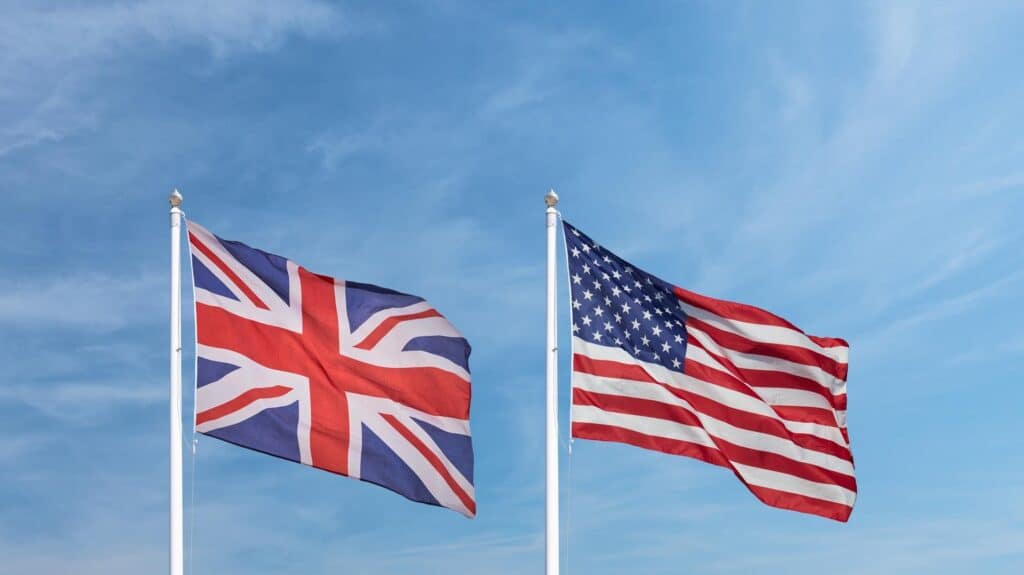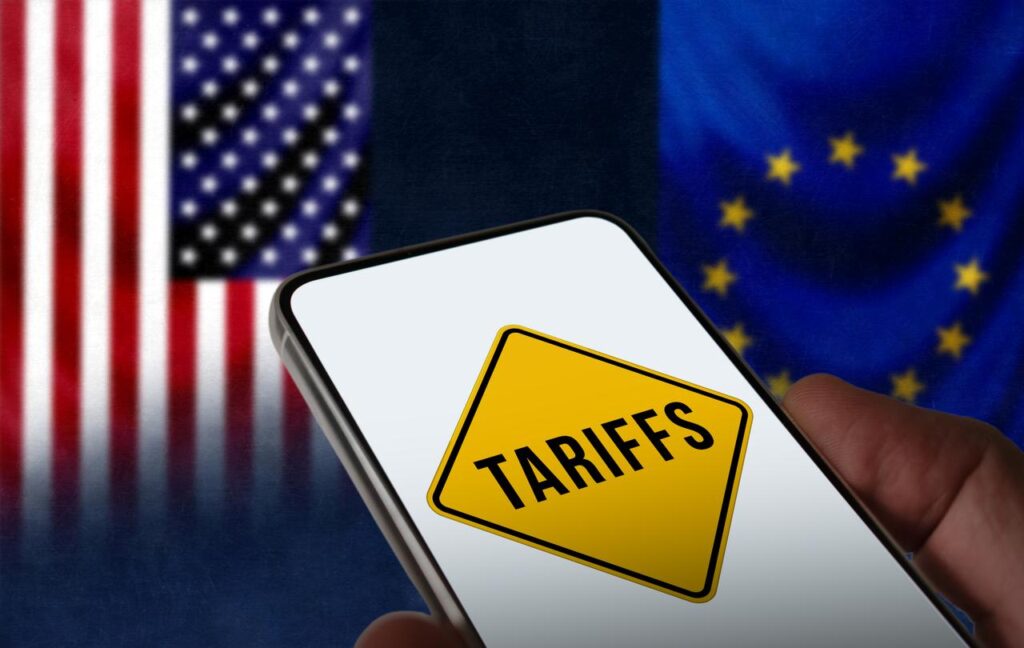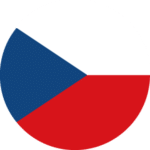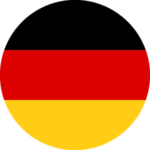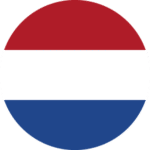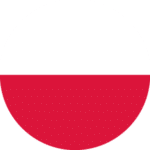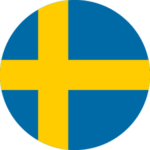What key trends and developments do you observe in the market that you are responsible for?
In Sweden as neighboring country of Norway, we observe as a major trend a strong e-commerce boom. With the highest share of online buyers in Scandinavia – 78% of Norwegians shop online. Norway, is a very import-friendly nation and an important partner to Sweden. Most imports come from Sweden.
However, as Norway is not part of the European Union, customs clearance at the border is required. We at Gerlach can support our customers to handle the customs procedures smoothly and to benefit from the e-commerce boom, e.g. just to name a few through Bonded Warehouse solutions, supporting customers to get registered as a NUF (Norwegian Foreign Company) with own tax registration, authorizations for deferred payments etc.
Another trend we observe is that most customers want a digital solution when it comes to submitting information. That is where we see the future and where we focus our strategic initiatives on.

Are there any new regulatory events – customs related – happening in your environment that customers should know about?
From the first of May this year the customs authorizations in Sweden do no longer allow representatives to use EIDR. Unless you are a specific group representative with direct access to the electronically book keepings of the declarant. It is the direct access from the HoA (Holder of Authorization) that is the crux of the matter. Since then all customs declarations have to be submitted and accepted by customs before release of goods (applies to all customs procedures).
“A new set up based on WCO data requirements will also be introduced for the first time…”
Later this year (or in the switch of 2019/2020) there will also be a change regarding TS (Temporary Storage). New procedure with requirements for TSD (Temporary Storage Declaration). A new set up based on WCO data requirements will also be introduced for the first time, setting up this new model of data element messages built in different levels.
For the customers this could mean that shipments more often will be stuck or delayed. Comparing with the previous Swedish model, the future will offer a more harmonized model (with the EU), but not as smooth as we were used to do it before the implementation of UCC.
What makes you very proud of your team right now?
Our special strength is our knowledge in customs. And this is essential for me as it enables us to support and advise our customers on all special and complex customs related topics. I always support and engage my team to further develop their knowledge through trainings, but also through participation in customs related forums and working groups.
And I am also very proud of the European network that we have at Gerlach – we can help customers on local level with detailed customs knowledge in their country, and at the same time help them with their expansion in other countries.
